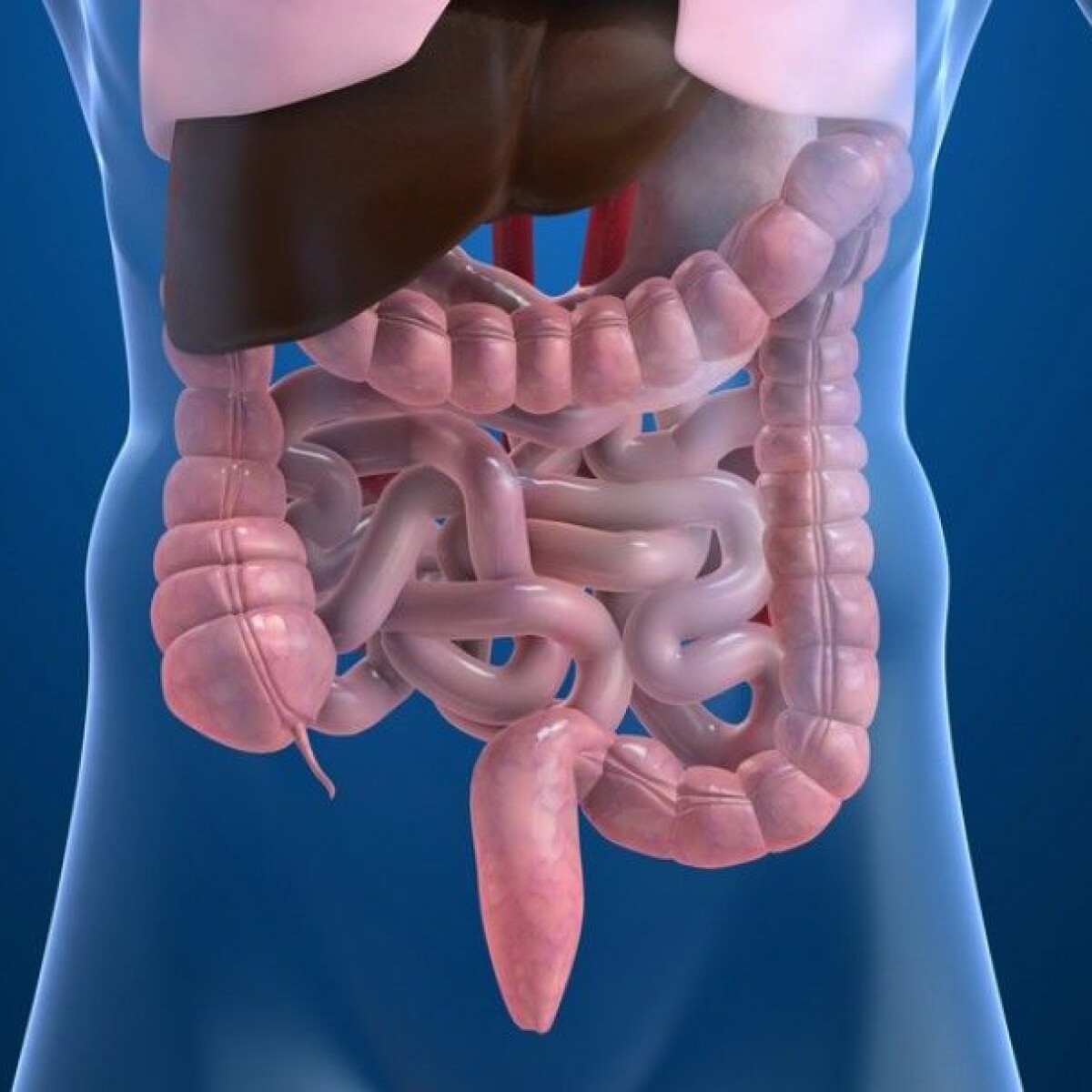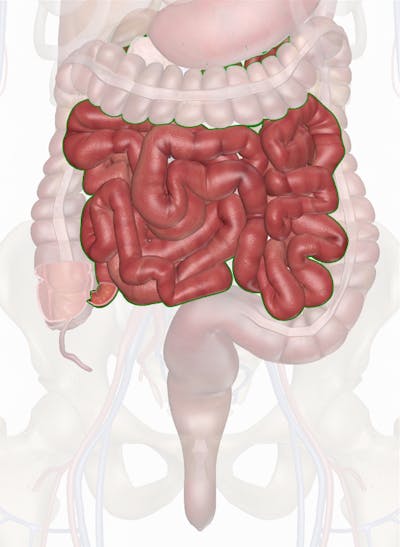The intestines sit in the abdomen and absorb nutrients, vitamins, and water. Herbivores have longer intestines than carnivores and omnivores because the cellulose in plants has beta glycosidic linkages which takes longer to break down.
Little Blossoms: Learning About The Digestive System
This connects to the stomach.
/male-large-intestine-anatomy--illustration-758310515-5a29eb6d7bb2830037aa5410.jpg)
Why are intestines so long. Then it’s the absorption of the good stuff and pushing the nastiness on. This organ is called the large intestine because of the diameter (width) of the intestine; The microbiome is made up of all kinds of microorganisms, including bacteria, viruses, fungi, and protozoans, and probably used to.
They’re where most of the vitamins and nutrients from food are broken down and. The small intestine consists of three parts: The large intestine is much broader than the small intestine and takes a much straighter path through your belly, or abdomen.
If you were to look at it as one line, it would stretch to over 100,000 miles and would be enough to wrap around earth’s. To be efficient in the absorption of food and nutrients to help the body is the primary reason why our small intestines are long. The folding structure helps in better digestion and.
You know, all that digestion and other breaking down of stuff. Our intestines consist of two major subdivisions: There is a myth that the small intestine is called small and the large intestine is called large due to their length but it’s a false statement and assumption.
Even the length of the. Another reason for the intestines being so long is because it is folded inside the stomach and not in a straight path. The small intestine is so long because it needs a maximum amount of surface area to increase digestion and nutrient absorption.it is about 6.7 to 7.6 meters (22 to 25 feet) long, highly.
The small intestine is where most of the. It is much wider than the small intestine, but also much shorter. Dr ranj and jobi go on a treasure hunt when jobi accidentally swallows a toy wheel, while nurse morag and the healthy helpers look at why the.
Meat takes longer to digest than other food, so the intestines need to be long enough to digest meat. Large intestines length takeaway your intestines are a crucial part of your digestive system. Their functions are to digest food and to enable the nutrients released from that food to enter into the bloodstream.
Why is it so important for the small intestine to be so long? How many times can your intestines wrap around the world? The long length of the small intestine assure the complete absorption of the nutrients.
They form part of the gastrointestinal (gi) tract and the latter section of the digestive system. Why is the small intestine of a. Intestines are long because they have a lot of work to do.
The intestines house your microbiome. Your large intestine is about five feet (or 1.5 meters) long. For example, the large intestine (comprising the caecum, colon and rectum) alone is over 1.5 metres in length (or 5.
Shinya was suggesting that intestines get longer or shorter not due to evolution, but because of interactions with food that change the elasticity of tissue. The human intestine is certainly a long structure. This, the middle part, absorbs nutrients and water.

Large Intestine May Be Source Of Woes For People With Irritable Bowel Syndrome

